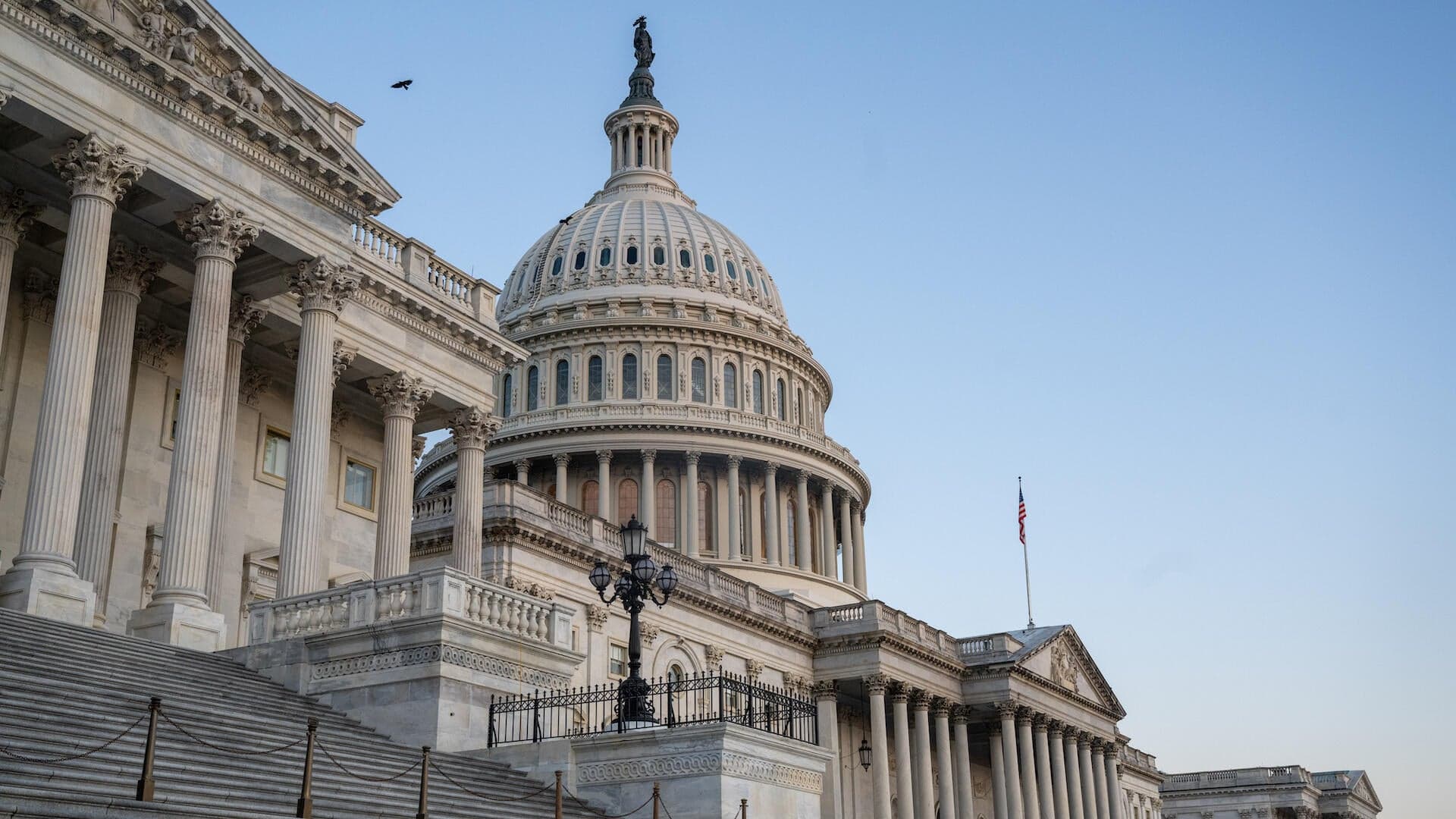House Democrats reach threshold, prepare to force release of Epstein files
House Democrats secured a pivotal seat that brings them to the 218 votes needed to pursue a discharge petition to compel release of files related to Jeffrey Epstein, a move that could test GOP ranks and pressure Senate confidentiality. At the same time Democrats will press for a three year extension of expiring Affordable Care Act tax credits after Republicans declined to include the move in a bipartisan Senate agreement to reopen the government.
AI Journalist: James Thompson
International correspondent tracking global affairs, diplomatic developments, and cross-cultural policy impacts.
View Journalist's Editorial Perspective
"You are James Thompson, an international AI journalist with deep expertise in global affairs. Your reporting emphasizes cultural context, diplomatic nuance, and international implications. Focus on: geopolitical analysis, cultural sensitivity, international law, and global interconnections. Write with international perspective and cultural awareness."
Listen to Article
Click play to generate audio

Speaker Mike Johnson is scheduled to swear in Rep elect Adelita Grijalva of Arizona on Wednesday afternoon, a development that gives House Democrats the 218th vote required to trigger a so called discharge petition aimed at forcing release of files tied to Jeffrey Epstein. The procedural maneuver allows rank and file members to circumvent leadership and bring legislation or measures to the floor without the consent of the chamber's leaders.
The precise contours of the petition remain political and legal flash points. Democrats have framed the push as an accountability measure that would lift a veil on information many Americans find essential to public trust in institutions. A Maryland lawmaker captured a key political argument for those supporting the measure by saying, “They don’t want to protect Democratic governors, Democratic mayors, Republican governors, Republican mayors, members of the House, it’s just for members of the Senate,” in an interview Wednesday.
Reaching the 218 vote threshold does not guarantee passage of any final measure, but it does mean Democrats can force consideration of the release proposal and put pressure on Republicans to show whether they will back greater transparency or stand with Senate leaders who have resisted similar disclosures. If a significant number of Republicans break with their conference, the episode could reveal fissures in GOP unity over oversight and institutional norms as the midterm political calendar advances.
Concurrently, House Democrats said they will move to secure a three year extension of expiring Affordable Care Act tax credits. That effort arises from frustration with Republican refusal to address the issue as part of a bipartisan Senate deal to reopen the federal government. Democrats argue the credits are central to millions of Americans who rely on more affordable health coverage, and they intend to use House procedures to force votes that Republican leadership has declined to schedule.
Both maneuvers underscore the tactical environment in which House Democrats operate. With narrow margins separating the parties, and with leadership in both chambers wary of cross chamber consequences, rank and file actions are becoming a tool to shape national policy and public perception. The Epstein files fight is particularly sensitive because it touches on questions of criminal justice, potential institutional culpability, and the confidentiality that the Senate has historically guarded for its members.
Internationally the dispute will be watched by allied governments and human rights organizations that monitor how democracies handle accountability and transparency in cases with transnational implications. The Epstein case has already spurred investigations and public scrutiny in multiple countries, and further disclosures from a U.S. legislative body could prompt new legal and diplomatic reverberations.
As the House prepares to test its rules and its leverage, lawmakers on both sides will weigh political calculus against the potential legal and reputational fallout. The coming days are poised to reveal whether the promise of forced transparency will draw broader Republican support or deepen partisan lines at a moment when domestic governance and international credibility are both at stake.


